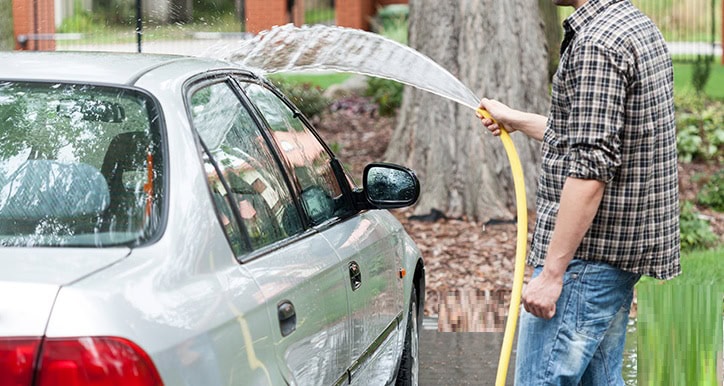RAWALPINDI – The Water and Sanitation Agency (WASA) has decided to impose heavy fines on domestic and commercial users in order stop wasting of water.
A notification has been issued by WASA, stating that a fine of Rs20,000 will be imposed for wasting water while washing floors or vehicles.
According to the notification, the first violation will result in a fine of Rs10,000 for domestic connections and Rs20,000 for commercial connections. In case of a second violation, the water connection will be disconnected.
The order was issued by the Deputy Managing Director of WASA Rawalpindi’s Engineering Department following a court order. The court directed that a comprehensive strategy be developed to prevent and protect against the misuse of water.
The waste of water for washing cars and floors in Pakistan has become a growing concern, particularly in cities where water scarcity is a significant issue. In response to this, local authorities like the Water and Sanitation Agency (WASA) have started implementing fines to discourage excessive water usage. These actions are being taken to conserve water and ensure that it is used efficiently, especially given the increasing challenges of water scarcity across the country.
The excessive consumption of water for non-essential uses, such as washing vehicles or cleaning large paved areas, puts additional pressure on already limited water resources. This is particularly true in urban areas where the demand for water is high due to population growth, industrial use, and agricultural needs.










